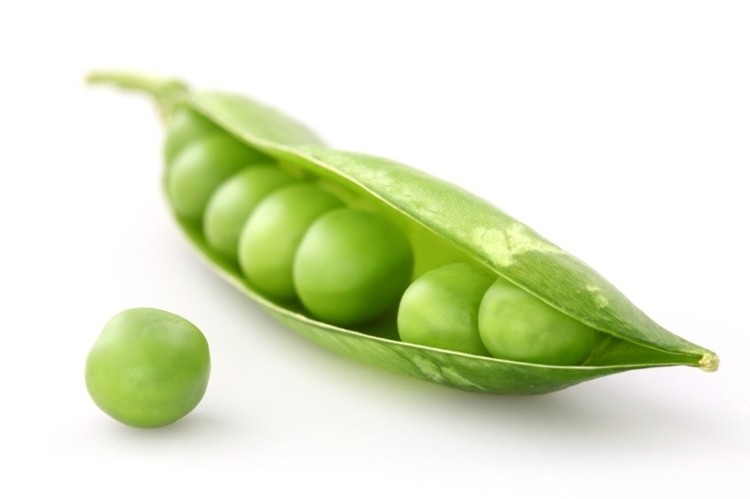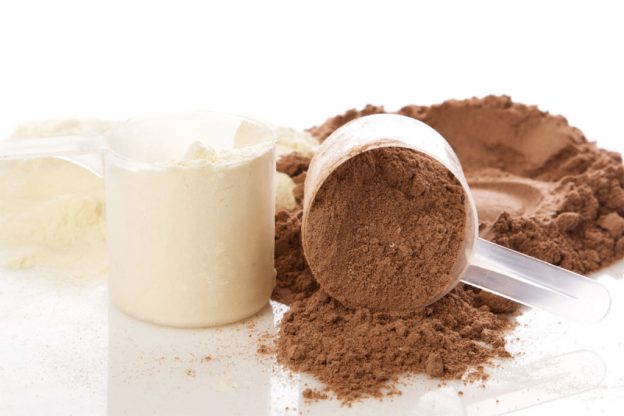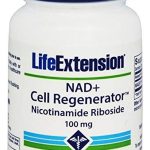According to researchers based out of the United States in Nashville and a report that they have published in the medical journal Sports there is absolutely zero difference whatsoever when it comes to the nutritional impact of whey protein versus pea protein supplements and how they help humans build lean muscle mass while training.
This is probably going to come as a bit of a surprise to you, particularly if you have been actively involved in the health, wellness, and weightlifting/bodybuilding communities.
Ever since pea protein supplements started to flood the market a handful of years ago they have promised the moon and the stars when it comes to benefits compared to traditional whey protein powders, propping themselves up as the “next big thing” in the world of bodybuilding supplements and being marketed as viable diary and whey protein alternatives.
Well, it turns out that there isn’t really any difference whatsoever between whey protein isolate and pea protein isolate supplements at all.

The Nashville based researchers that conducted this test divided 29 different CrossFit athletes into two separate groups, both of which train four times per week and worked on the exact same High Intensity Functional Training routine as one another.
This routine consisted of:
• Push-ups
• Pull-ups
• Burpees
• Cleans and Snatches
• Deadlifts
• Squats
• Running
• Rowing
• Wall Ball Exercises
• Kettle Bell Swings
• Thrusters and
• Box Jumps
Before and then immediately following these identical exercise routines each individual group – the whey protein group and the vegetable protein group – consumes a protein shake that included 24 g of their particular protein.
Both of the protein supplements were sourced from the exact same operation (True Nutrition) and when individuals that were partaking in this test weren’t actively training (on their off days) they used protein shakes with their specific type of protein as meal replacement options or to supplement their daily diet.
Almost immediately the researchers began to notice significant improvements in overall strength and endurance across the board, with all CrossFit athletes seeing a jump in both of these categories. The researchers also saw that the pea protein group lost more body fat than the whey protein supplement group did, but the difference was anything but statistically significant. Both groups were able to lose body fat during this trial.
Scans of leg musculature were conducted throughout the test protocol and the researchers found that none of the groups that were tested developed any significant amount of musculature in their lower body throughout this protocol.
The biggest take away from this clinical study was that the amount of leucine found in both whey protein in pea protein powders doesn’t differ all that much at all. The fact that the biological value of whey protein exceeds that of pea proteins is why researchers believed both options worked equally as well the other.
At the end of the eight week trial researchers believe that they can conclusively determine that neither of these two protein supplements are better than the other, and that both work equally as well. Those looking to supplement with a protein powder will only have to choose one or the other depending on their specific preference and not because of any performance-enhancing benefits.
References: https://www.mdpi.com/2075-4663/7/1/12







